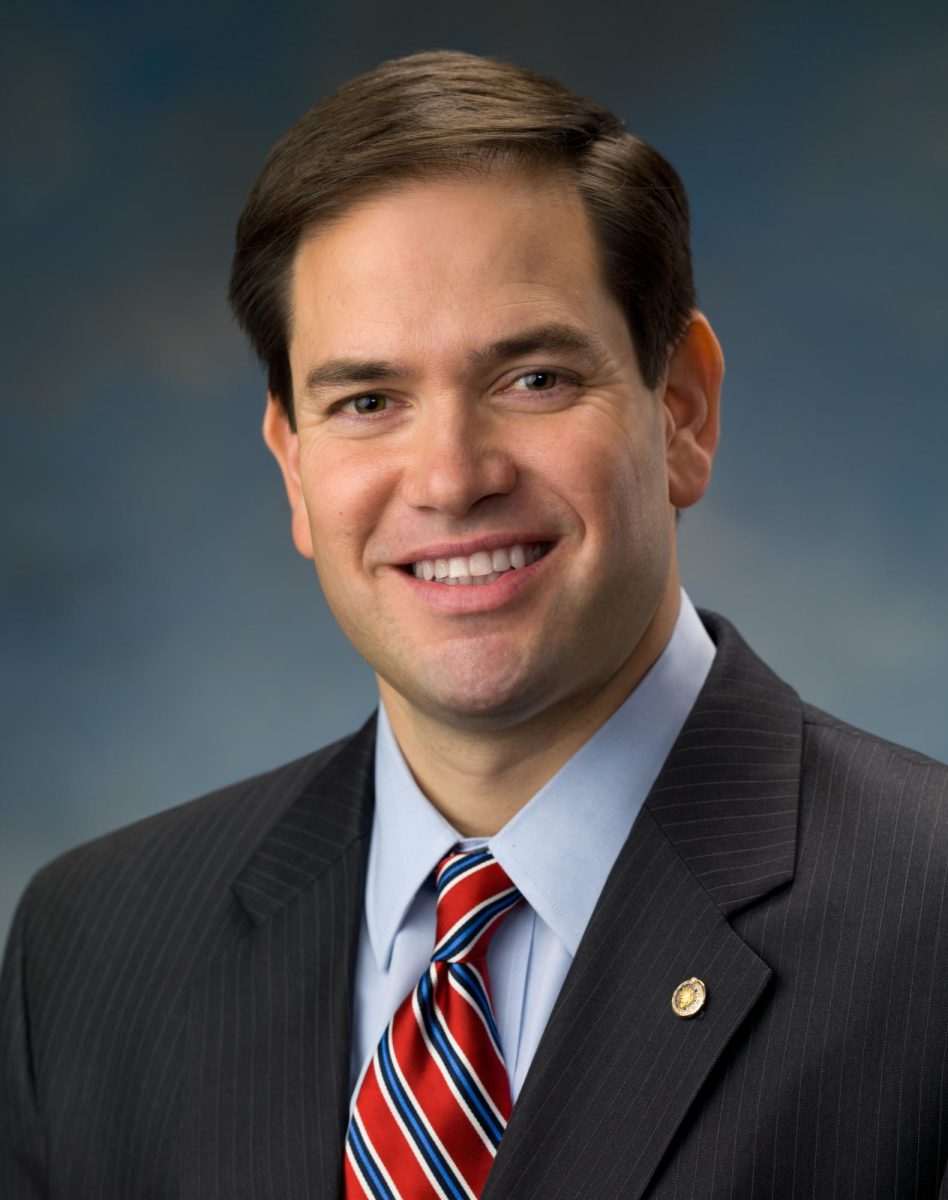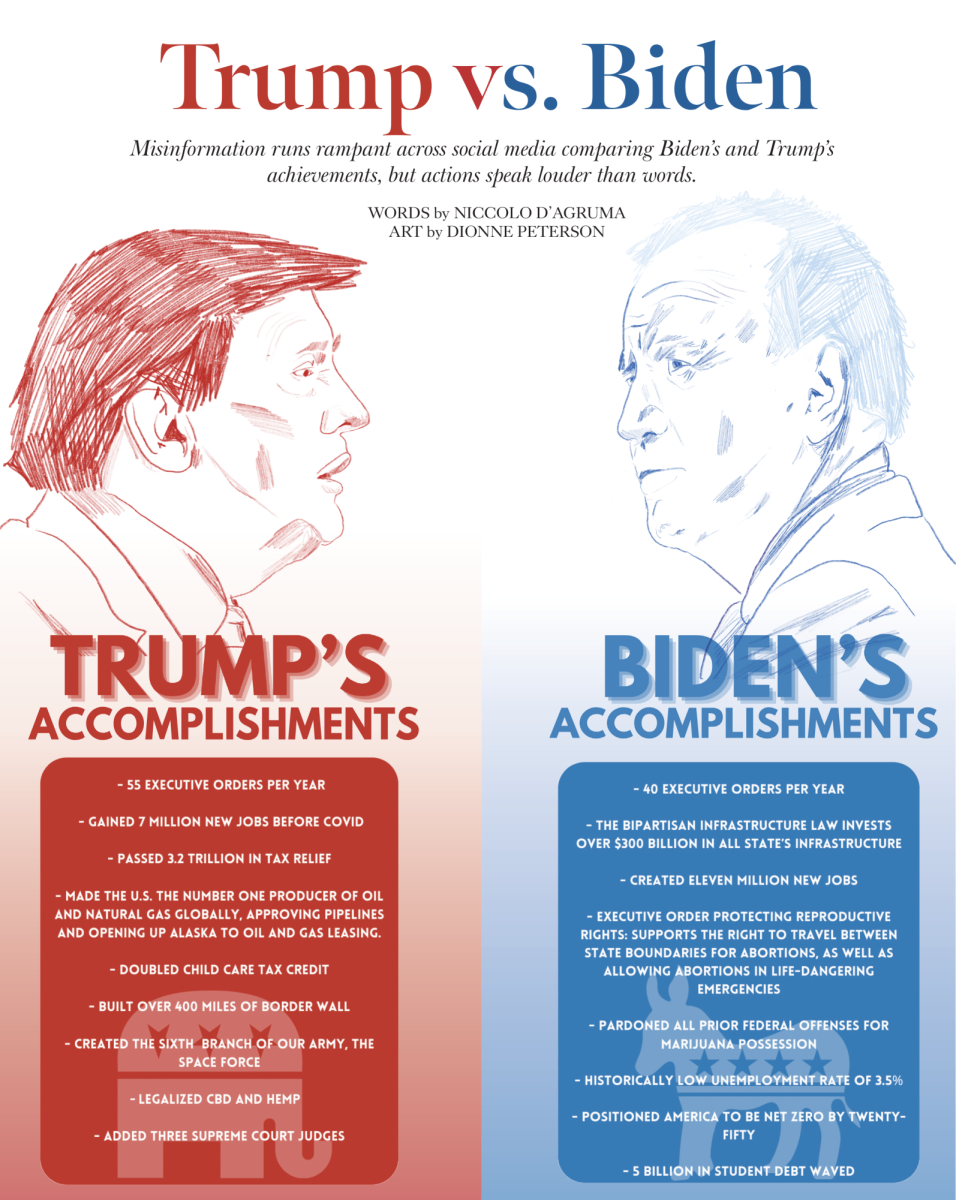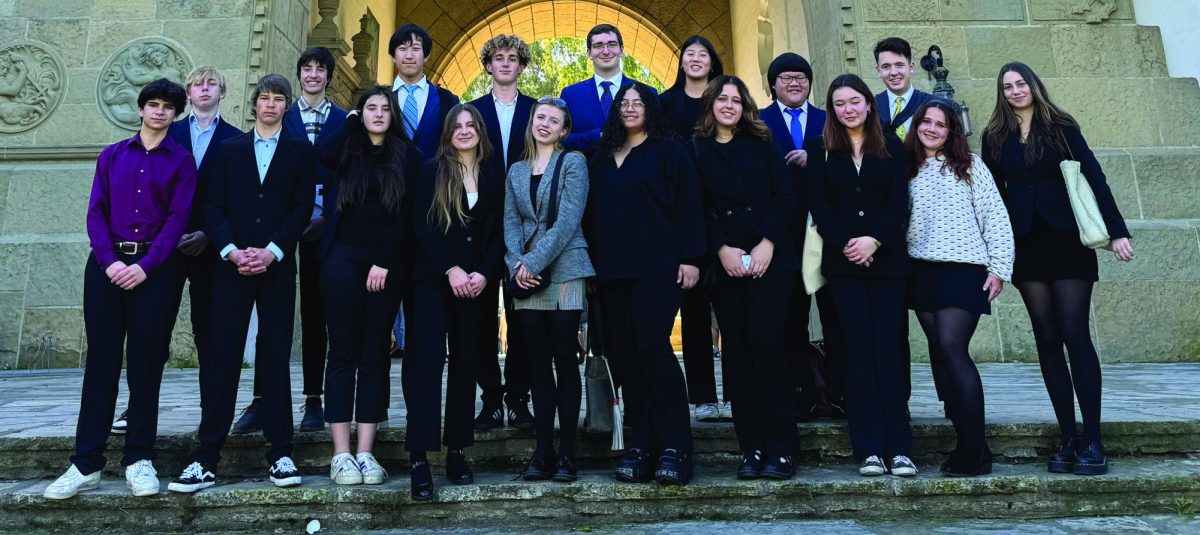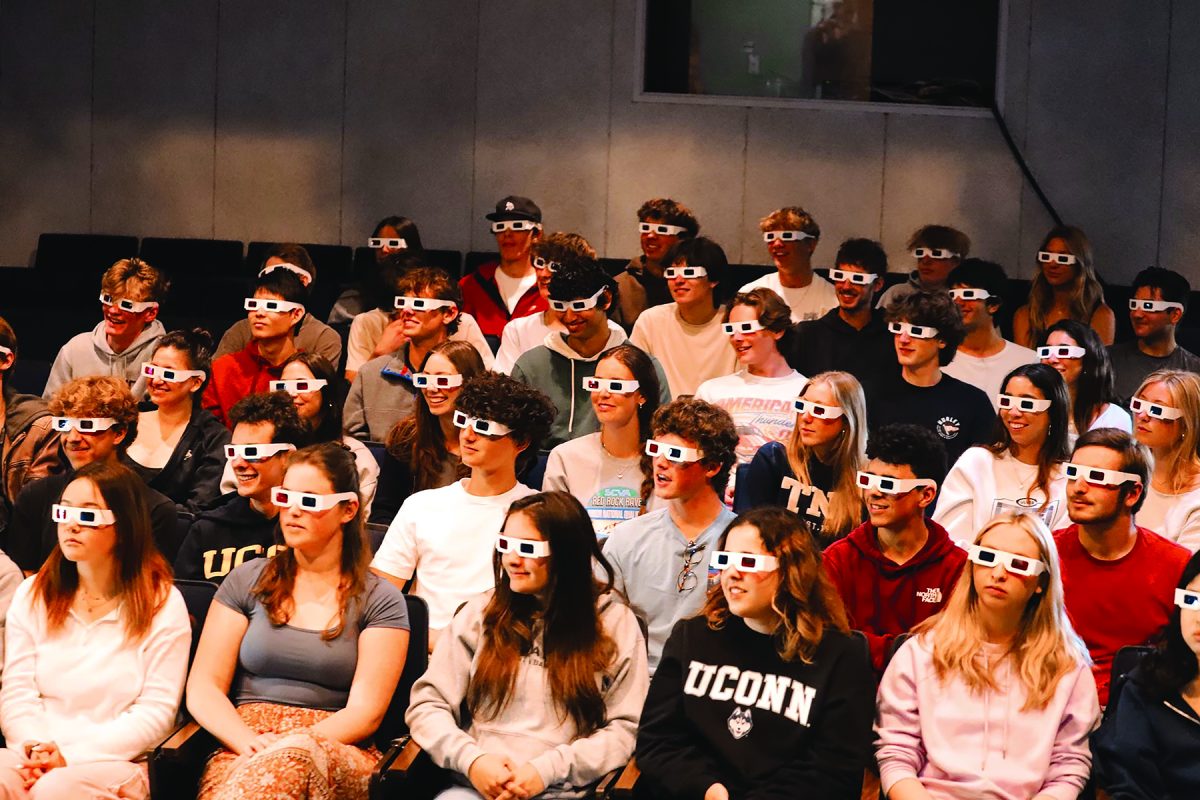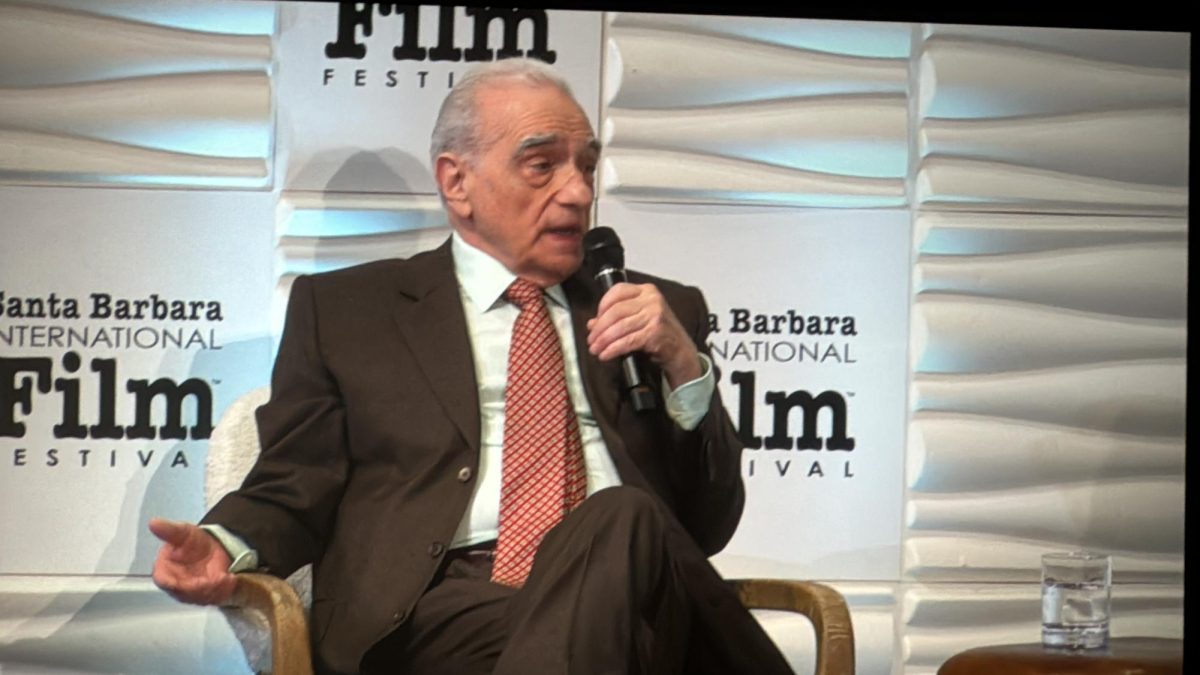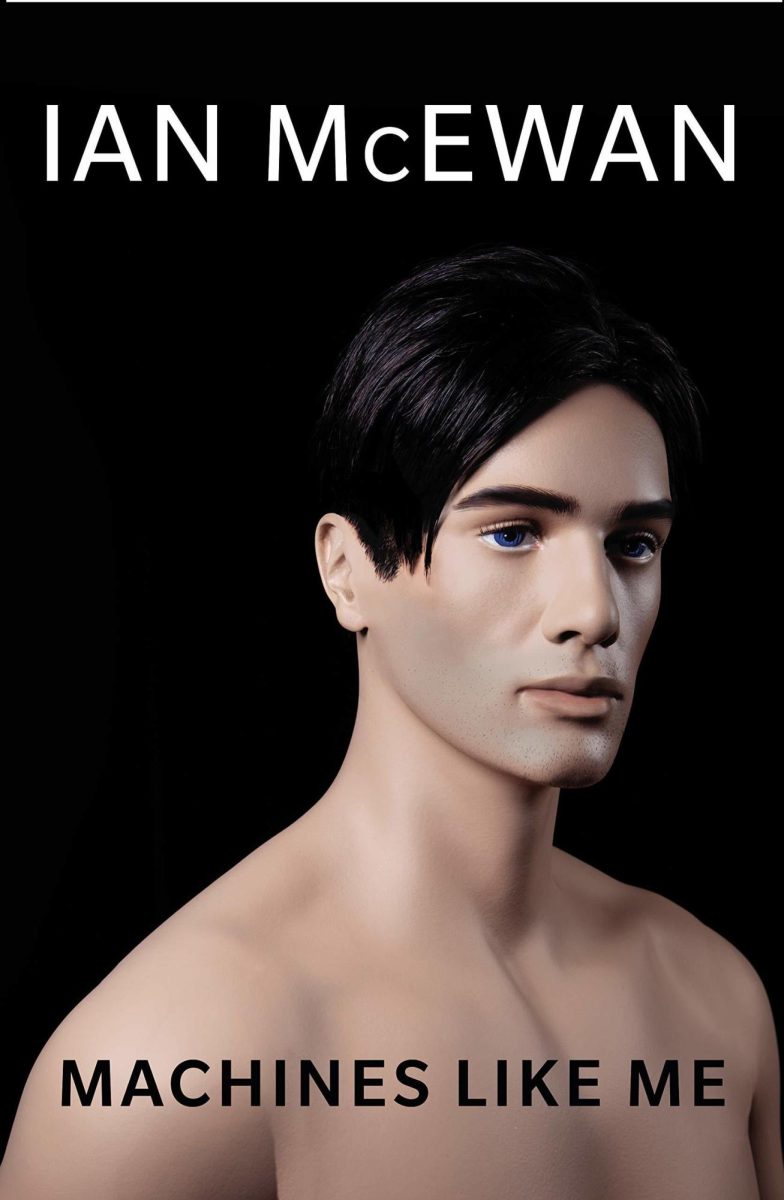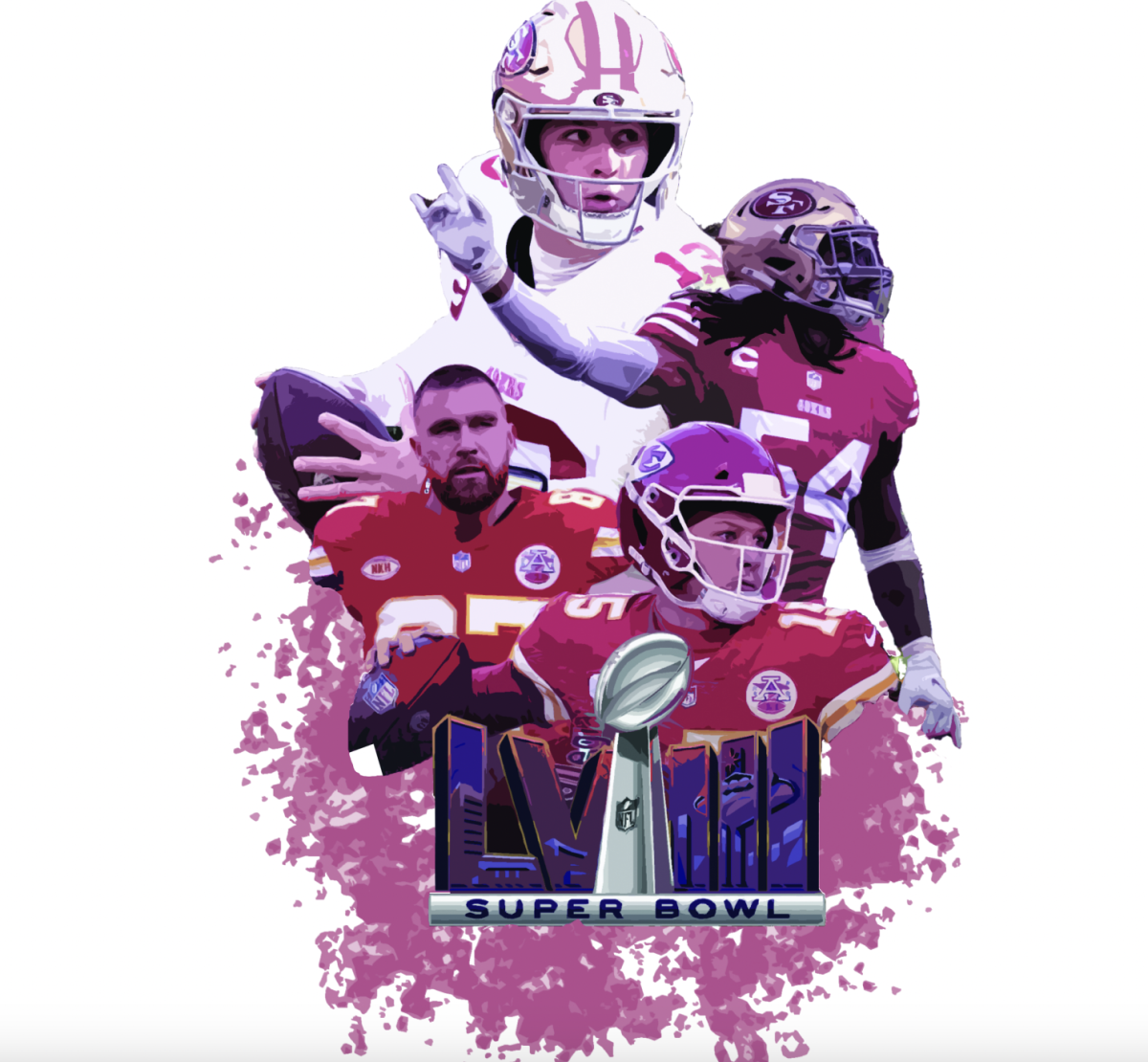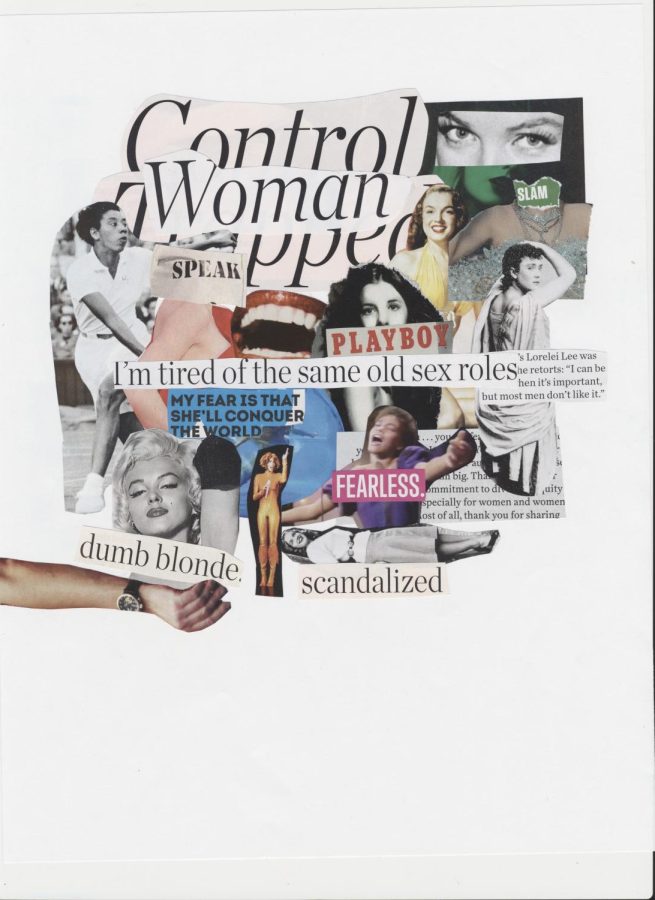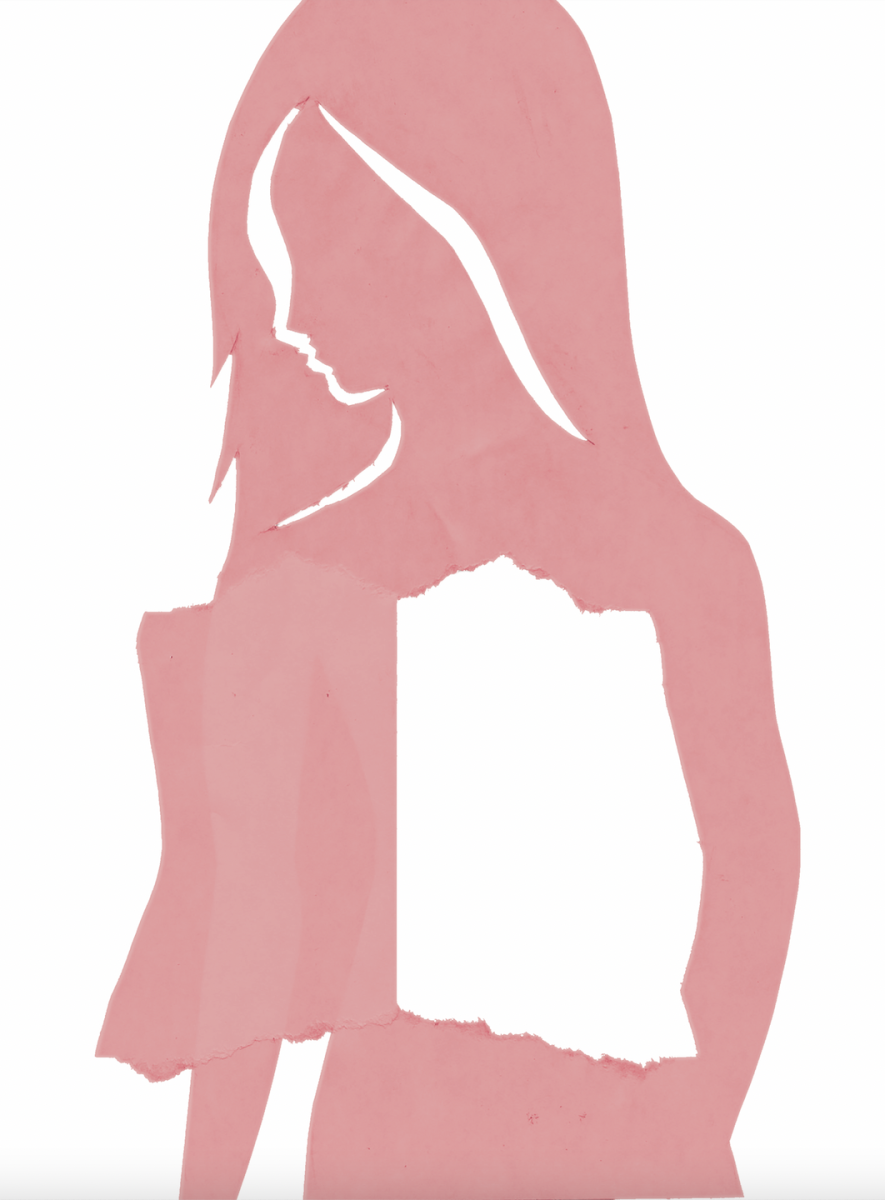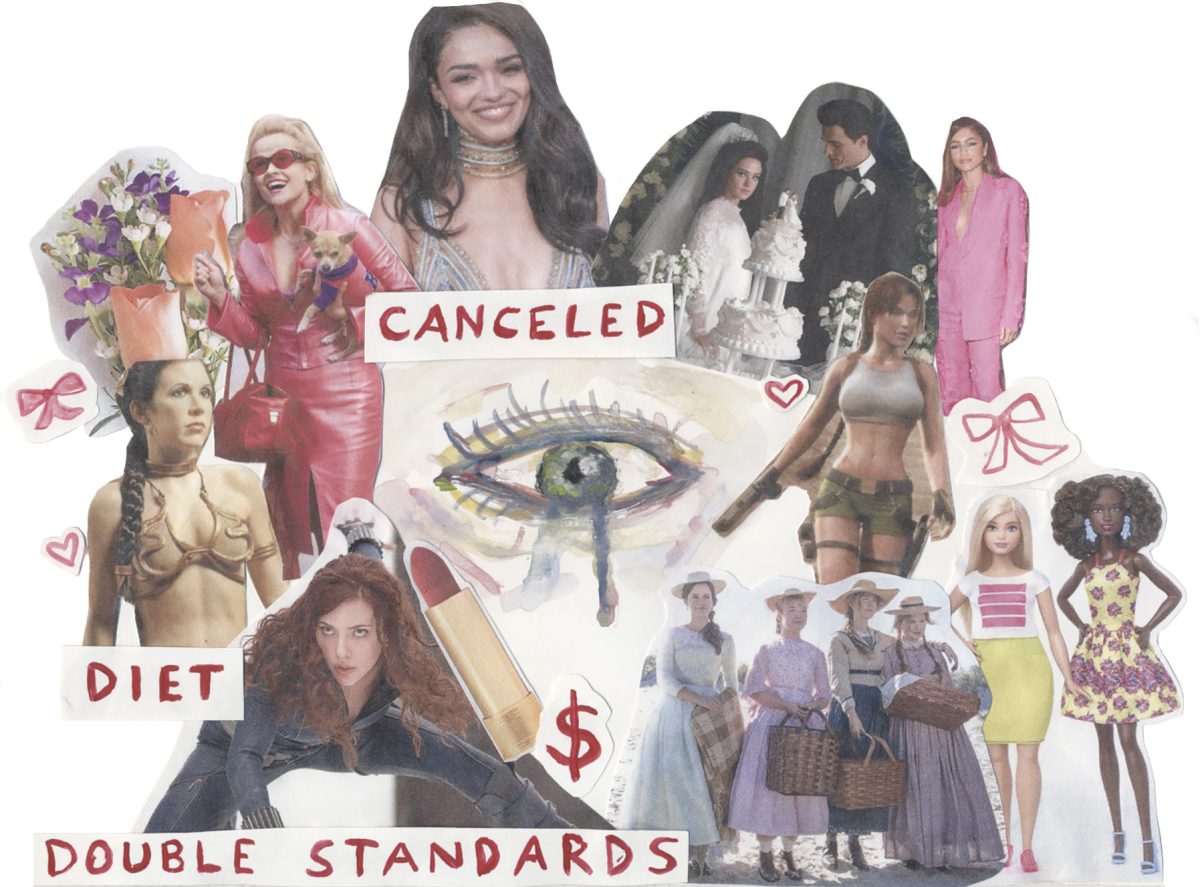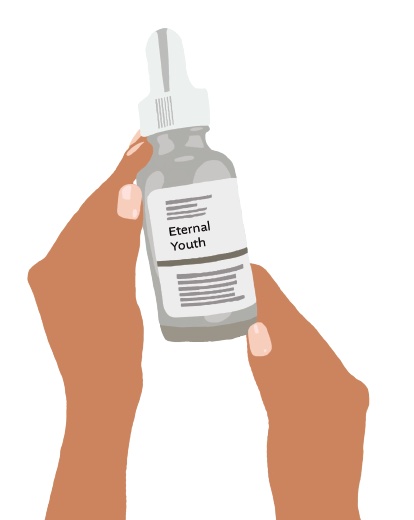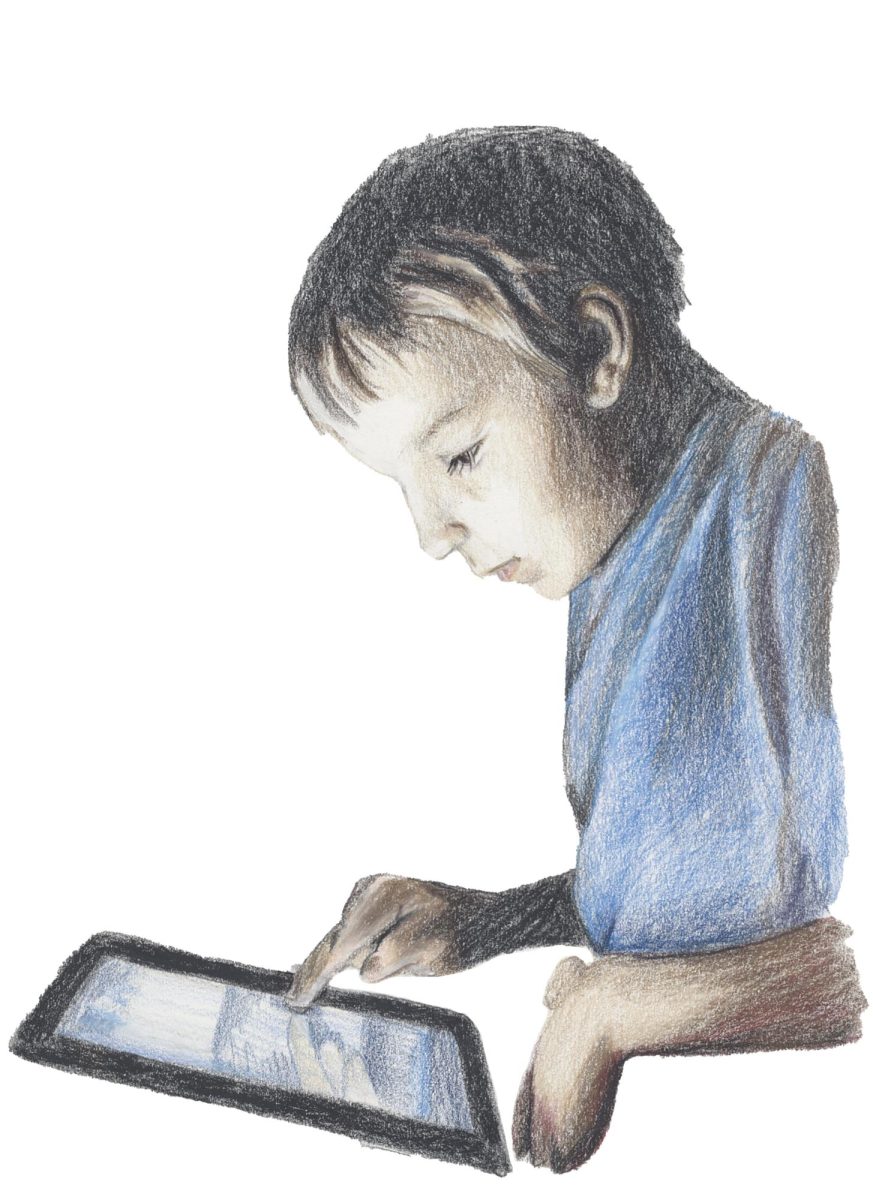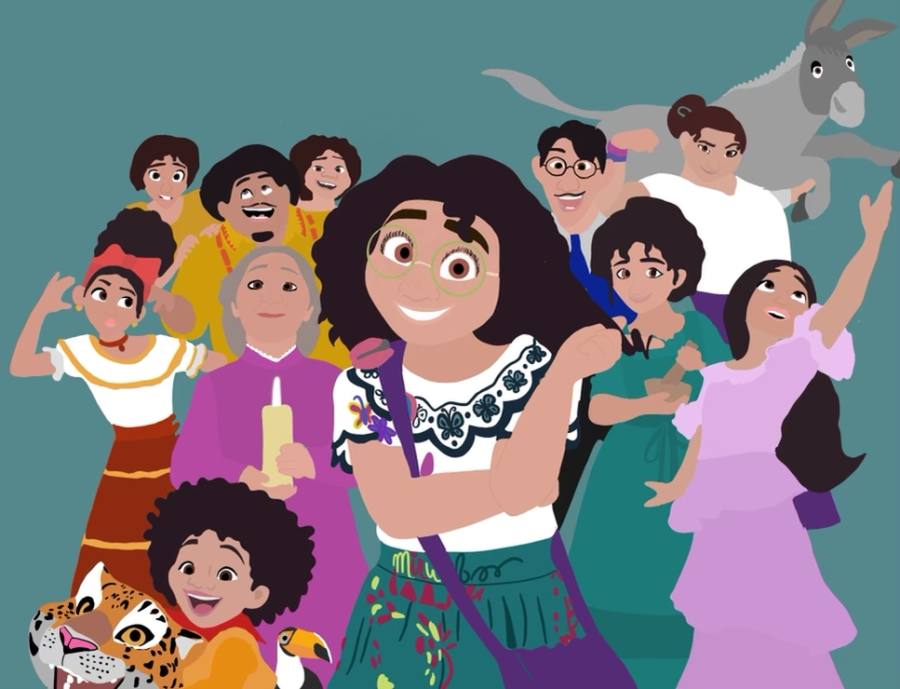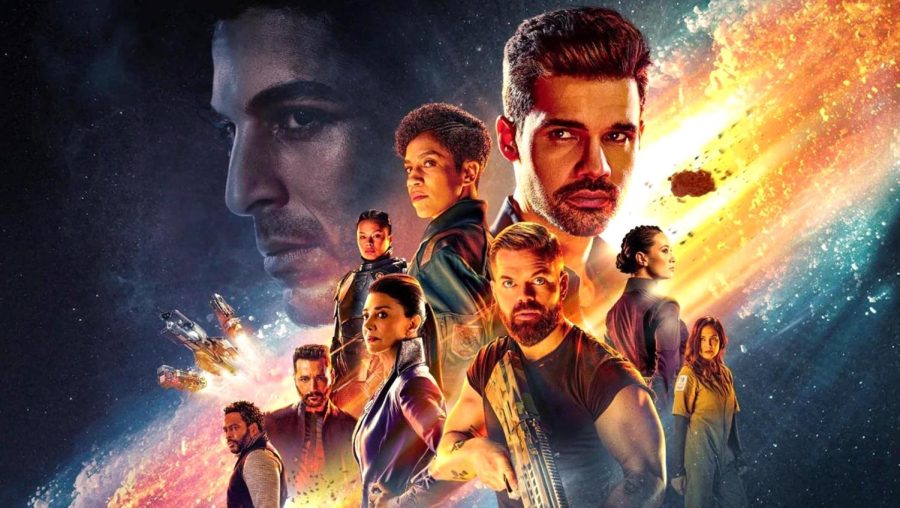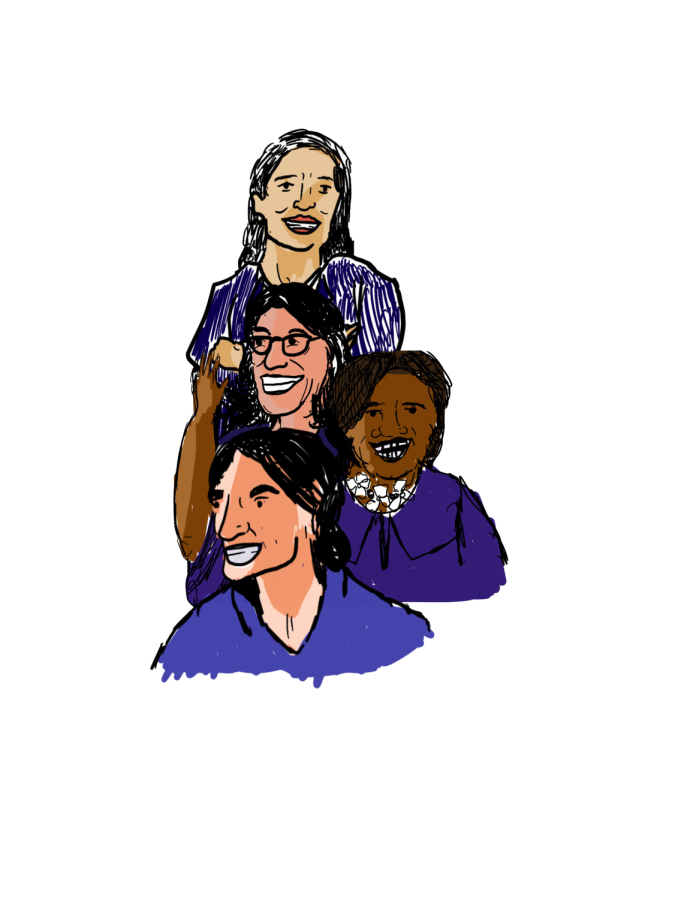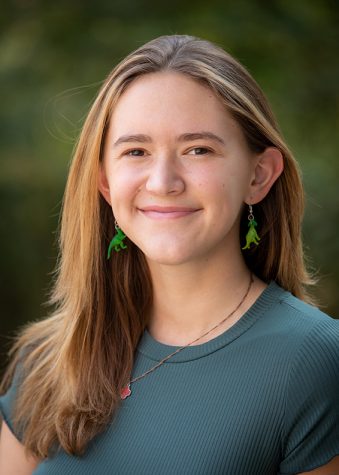Women in Politics
March 4, 2019
While many First Ladies fall out of the public eye after their husbands leave office, Michelle Obama remains prominent and enthusiastic about politics.
Her incredible efforts to fund education for underprivileged youths, her promotion healthy living and her support of women taking a stand are a few of the
ways she has made a brand for herself as a feminist and equal-rights advocate. In November, the former first lady released her debut memoir, “Becoming,” which discussed her origins, where she’d been since President Obama left office and what she hopes to accomplish in the world of politics, most memorably writing: “Do we settle for the world as it is, or do we work for the world as it should be?”
“Becoming” isn’t the first novel of 2018 to focus on women’s role in politics. Jennifer Palmieri’s book “Dear Madame President” is a letter to the reader depicting the struggles women face in government, high- lighting the Hilary campaign as a testimony to the idea that women are judged much harsher than men when in the public eye.
In addition, politician Elizabeth Warren has an- nounced her 2020 presidential bid, bringing an even stronger female presence into the world of politics.
The change running through the government is supported by the results of the recent midterms.The2018 midterm election was a turning point for the United States’ political future, and the Democrats’ seizing of a Republican-controlled House marked a step toward a balance in our nearly completely bipartisan Congress.
This was no surprise: surrounding rumbles of an incoming blue wave were generously left-leaning polls. What turned 2018 from an ordinary midterm into a moment that made history was not which party took the election, but which gender.
Not only were many of those elected women, but the list included a group of electees with diverse religious beliefs, sexual orientations, and ethnicities.
These are a few of the inspirational woman who are paving a way to a better, brighter future.
Sharice Davids
One of the first two Native American women elected as a Representative for Congress (along with New Mexico representative Debra Haaland), Sharice Davids is the first female, LGBTQ+ Kansas Representative. Elected to the third congressional district of Kansas, Davids used her gender, race, and sexual orientation to show voters her progressive agenda. Just prior to the midterms, Da- vids released a video proving her vigour for politics and equal rights. “This is a tough place to be a woman. I’ve been put down, pushed aside, knocked out.” Davids has begun to use her platform to spread information about her causes, including regulations against gun violence and the country’s healthcare crisis.
Rashida Tlaib
Palestinian-American Rashida Tlaib, a Michigan Representative, was joined by Ilhan Omar of Minnesota as the first Muslims elected to the House.
Rashida is using her platform to, like Sharice Davids, advocate for Medicare. Along with her other duties, she is trying to use her new position work toward more progressive immigration reform and a $15 minimum wage in the state of Michigan, as well as free education. When CNN asked Tlaib how her religion impacts her politics, she responded that she “always tell[s] people that [she’s] exposing Islam in such a pivotal way, an impactful way, through public service.”
Alexandria Ocasio-Cortez
Winning with 78 per cent of voters in her home district in the Bronx, 29-year-old Alexandria Ocasio-Cortez is the youngest representative ever to be elected to Congress.
The Puerto Rican-American is using her background in economics and international relations to become a formidable force in politics.
A supporter of health care and Medicare, she guarantees universal jobs and reforms for immigration and the criminal justice system.
However brief her journey has been up to here — going from working at a bar less than a year ago to being nearly unanimously elected to Congress at such a young age — her popularity, commitment and know-how make it clear that her political career will be anything but.
Ayanna Pressley
Ayanna Pressley was elected in November to be the first black woman in Boston’s City Council. Pressley, defeating a Democratic candidate that had served for 10 terms in office, became the sole candidate for Congress after the initial primary in September.
Her platform is based on similar goals to her fellow female repre- sentatives, with strong advoca- cy for universal health care and a stance against excessively funding the Immigration and Customs Enforcement (ICE). Pressley is also passionate about enforcing stricter regulation on guns and sexual assault.
As a sexual assault survivor herself (both in childhood and during her time at Boston University), Pressley’s experiences motivate her to make a change.
Pressley, Ocasio-Cortez, Da- vids and Tlaib are only four of the many women who have entered Congress this year during one of the most diverse political elections to date.
Every woman elected has a passion for politics, are we are already beginning to see some of the changes they are making in their districts. The future is female — and these women are just the beginning.



